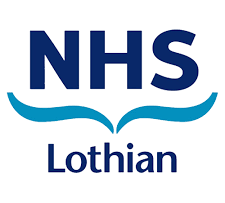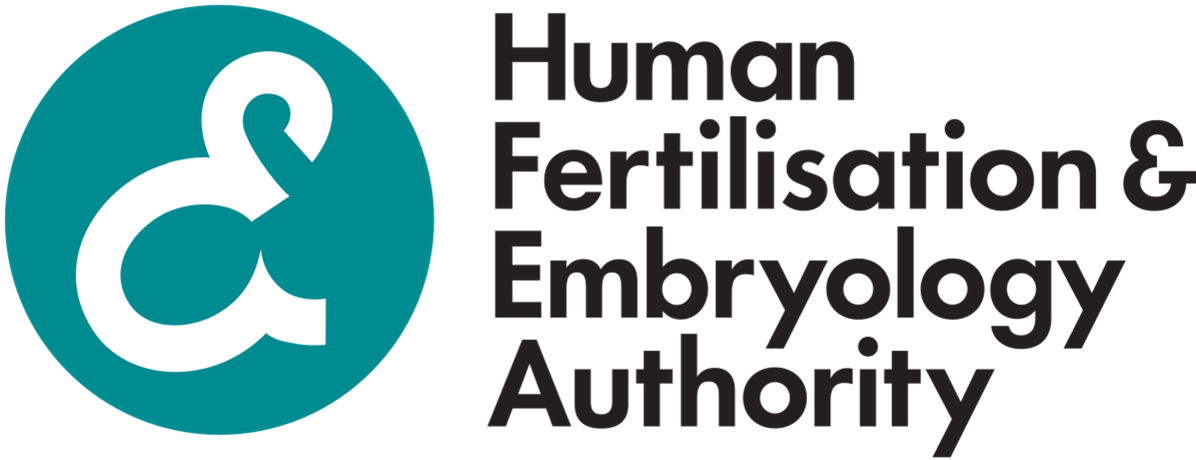Fertility
Fertility issues are a common concern for individuals or couples when trying to conceive a child. It can be frustrating, emotionally and psychologically distressing, impacting the well-being and relationships of those affected. However, advancements in reproductive medicine and technologies have provided several options for many individuals and couples facing fertility issues.

There are numerous potential causes of fertility problems, including medical conditions, medication, lifestyle factors, age, and genetic factors.
Our clinical team have put together some information about the local Edinburgh Fertility Clinic (EFC), initial assessment and investigations we do, FAQ's, useful supportive information and links to support.
How can we maximise our chances of conceiving?
To maximise the chances fo successful conception ensure you try the following steps:
- Having intercourse every 2 to 3 days
- Ensure having intercourse especially at the time of ovulation (usually day 12-16 before your period is expected)
- Reduction of alcohol consumption impacts on fertility and fetal health and:
- Women should avoid drinking alcohol while trying to conceive to reduce the risk of harming a developing foetus.
- Men should not drink more than 14 units per week of alcohol as it can affect their semen quality.
- stop smoking
- Maintain a healthy weight ( BMI 18-25)
- Ensure the female partner takes folic acid as this helps reduce the risk of neural tube defects. The standard recommended dose of folic acid is 400micrograms (0.4mg) per day. Those who have previous history of births with neural defects previously or in the family, epileptic, diabetic and patients with a BMI >30 should take a higher dose at 5mg daily.
What are the chances of successfully conceiving in the general population?
It is worth knowing that approximately 80% of couples in the general population will conceive within 1 year if:
- the woman is aged under 40 years
- they have regular sexual intercourse without contraception
Moreover, of those who do not conceive in the first year, about 50% will do so in the second year. The overall pregnancy rate is over 90%.
The success rates of fertility treatment can be seen here on the clinics website.
What are the first steps to getting assessment ?
The first steps if you have been trying for over 12 months is to arrange a routine appointment to speak one of the GP's here to discuss further.
Useful things in preparation to speak to the GP would be:
- It would be very helpful if you attended with your partner (if registered with us also)
- Fill out the online questionnaire forms
- download and complete the details for the couples online consent form and sperm test request form
In the common scenario where your partner might be registered elsewhere, they will need to attend their practice to have an assessment with their own GP to facilitate getting further tests through them if required.

What Investigations are required before referral is made to the EFC ?
Male partner
Semen Analysis: is a test where sperm are sent to the Laboratory to be analysed under the microscope.
This test looks at several factors about sperm that relate to fertility including:
- Number and concentration of sperm
- Morphology and quality
- Motility of sperm
If the sperm sample is found to be abnormal for any reason, the laboratories will likley request us to contact you for a further sample to confirm the result. They also sometimes request a further blood test to check hormonal profiles like testosterone level or specific genetic tests.
Female Partner
Blood Test:
- If cycle is regular and age < 37 years:Progesterone should be
Taken on day 21 of cycle if 28-day cycle, or 7 days before expected menses. - If cycle is regular and aged > 37 years or more: Progesterone taken on day 21 of cycle if 28-day cycle, or 7 days before expected menses. Plus Leuteinising hormone (LH), Follicular stimulating hormone (FSH) and oestrogen (E2). Taken during first 5 days of menses.
- If absent or infrequent menses i.e. cycle length > 38 days: LH, FSH, E2, Prolactin, Testosterone, TFTs Taken during first 5 days of menses,
- If no Periods: Take LH, FSH, oestrogen, prolactin , testosterone, and TFT at any time.
Vaccinations:
- Need to confirm has had 2 vaccinations of MMR previously. If not able to confirm we can organise MMR vaccinations with our practice nurses
Swabs:
STI testing is helpful test too: specifically Chlamydia/gonoccocal swab
Edinburgh Fertility Clinic (EFC)
What services does the EFC include?
The Edinburgh Fertility Centre and Department of Reproductive Endocrinology is based at the Royal Infirmary of Edinburgh.
Services include:
- Fertility Investigations
- Diagnostic Semen Analysis
- Ovulation Induction
- Fertility Preservation for Oncology
- IVF/ICSI
- Pre-Implantation Genetic Diagnosis (PGD)
- Donor Insemination
- Egg/Sperm Donation
- Fertility Counselling
- Reproductive Endocrinology

When Can Couples be referred to Edinburgh Fertility Clinic (EFC)?
Our clinical team will consider referral in a couple who have not managed to conceive after 12 months of unprotected intercourse.
We would however, consider earlier investigation and referral if:
- The woman’s age is 36 or older
- There is known clinical cause of infertility or a history of predisposing factors for infertility in either partner.
What is the maximum age limit for referral?
The EFC cannot offer assessments to women aged over 44. In this situation, there is still the option of self-funding / private egg donation treatment. The Human Fertilisation & Embryology Unit (HFEA) is a governmental regulator which can provide further information on IVF, clinics and other treatments. Please click here
I have been referred, but what is the waiting time for an appointment with the EFC ?
If the referral criteria are met the GP will refer to the Edinburgh Fertility Clinic for further assessment.
The current waiting times for certain speciality hospital appointments can be accessed near the bottom of the appointments page on our main webpage under hospital waiting times or alternatively click here for direct link to the page.
Useful online information and support
HFEA - Human Fertilisation & Embryology Clinic
THe HFEA is a great website that gives useful information on..
Availability of Clinics in UKboth NHS and Private run.
Provide free, clear and impartial information about fertility treatment, clinics and egg, sperm and embryo donation.
Fertility advice and support based on individual or couples situation, heterosexual, LGBT+, women over 38, single women, donors, people with genetic diseases and fertility preservation.
Click on Logo to explore further
Fertility UK
FertilityUK is a national fertility awareness service which provides factual information and support for general health education, planning and pregnancy. They have practitioners who are trained to help couples to either optimise their chances of pregnancy or to use a combination of fertility indicators to provide an effective family planning method.
Click on Logo to explore further
Helpful numbers
| Phone Numbers | |
|---|---|
| Main Reception / General Enquiries (including Fertility/Endocrine appointments) |
0131 242 2460 |
| IVF Appointments | 0131 242 2443 or 242 2446 |
| Infertility Nurses | 0131 242 2449 |
| IVF Nurses | 0131 242 2450 |
| Andrology Laboratory | 0131 242 2463 or 242 2456 |
| Edinburgh Egg and Sperm Bank (for donor applicants only) |
0131 242 2464 (answer machine) |

Page created: 04 September 2020










